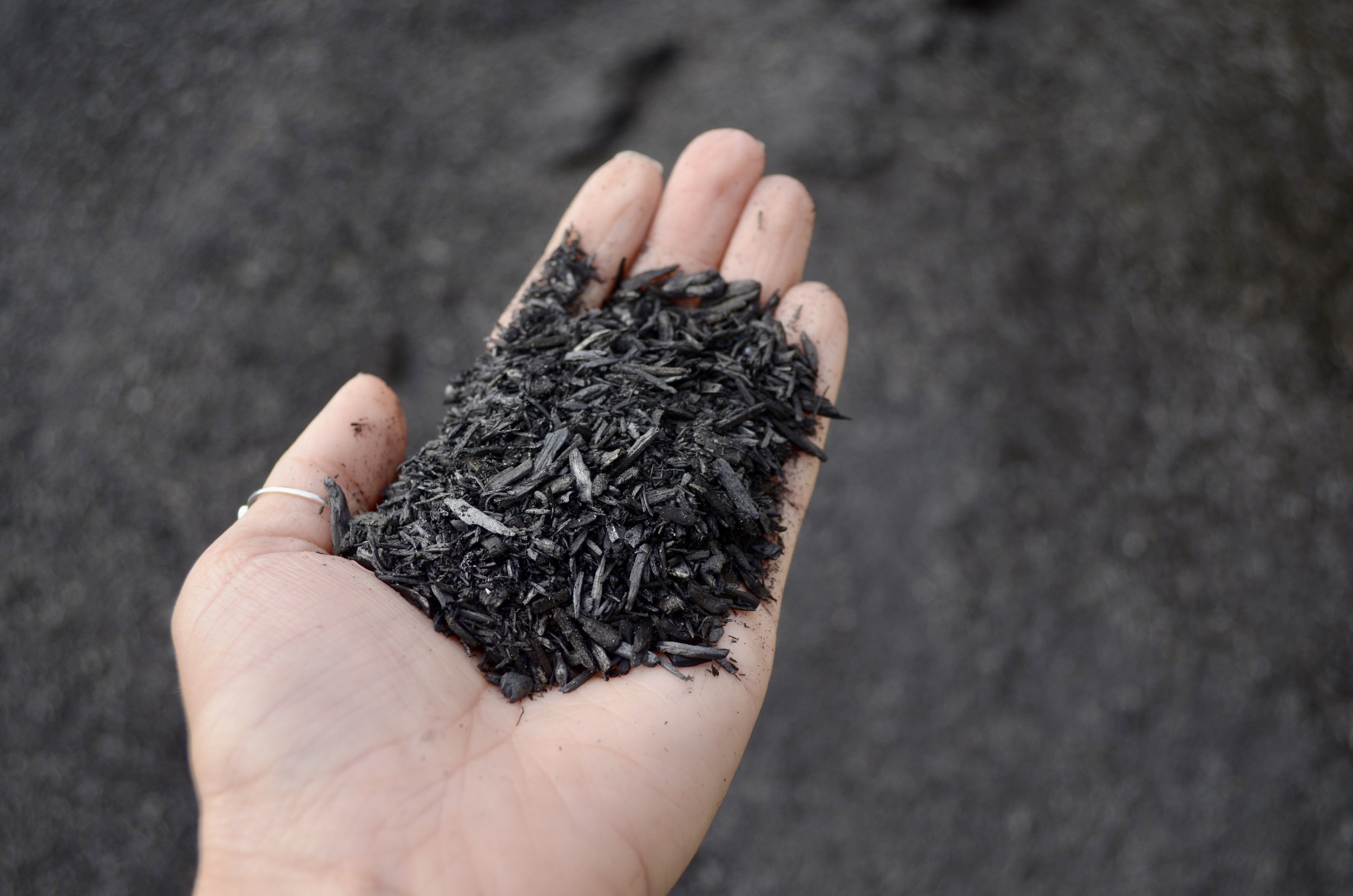
Regeneration Doesn't Follow;
It Leads.
Our Commitment to Regeneration:
From cradle-to-grave, we are actively engaged in
every facet of our carbon's lifecycle.
Verification & Credibility
Sitos Group’s commitment to transparency and accountability in sustainability is reinforced through strategic partnerships with leading industry organizations. Every aspect of our operations and production processes is meticulously evaluated using cutting-edge Monitoring, Reporting, and Verification (MRV) systems, Life Cycle Assessments (LCA), and rigorous carbon registries. These independent assessments examine the full lifecycle of our biochar—from raw material sourcing to production, distribution, and sequestration practices.
Accreditations from our third-party partners serve as a testament to Sitos Group’s rigorous, eco-conscious approach. They provide independent validation of our regenerative practices and carbon reduction efforts, ensuring credibility and impact in the fight against climate change.
Fostering Regeneration
in every aspect of our operation.
-
Landfill Diversion
Repurposing municipal wood and hazardous forest materials as biochar feedstock, diverting them from landfills and contributing to both resource management and carbon sequestration.
-

GHG Emission Reduction
Sitos Group's biochar is incorporated into compost immediately after creation. This application helps reduce GHG emissions that occur during natural composting.
-
Regenerative Agriculture Practices
Sitos Group's biochar is directly integrated into vineyards practicing regenerative agricultural methods, aligning with the Sustainability in Progress (SIP) regime.
-

Green Energy
Machine operational technology is powered by renewable energy from ReGen Monterey, which is generated through the conversion of landfill gases like methane into electricity.
Regenerative Agriculture (RA)
Regenerative agriculture fosters regeneration by enhancing soil health and reducing the environmental impact of farming. Through practices like crop rotation, cover cropping, and minimal tillage, it improves soil fertility, sequesters carbon, and reduces the need for synthetic chemicals. Additionally, it promotes biodiversity, restores natural habitats, and conserves water, contributing to a more regenerative and eco-friendly farming approach.













